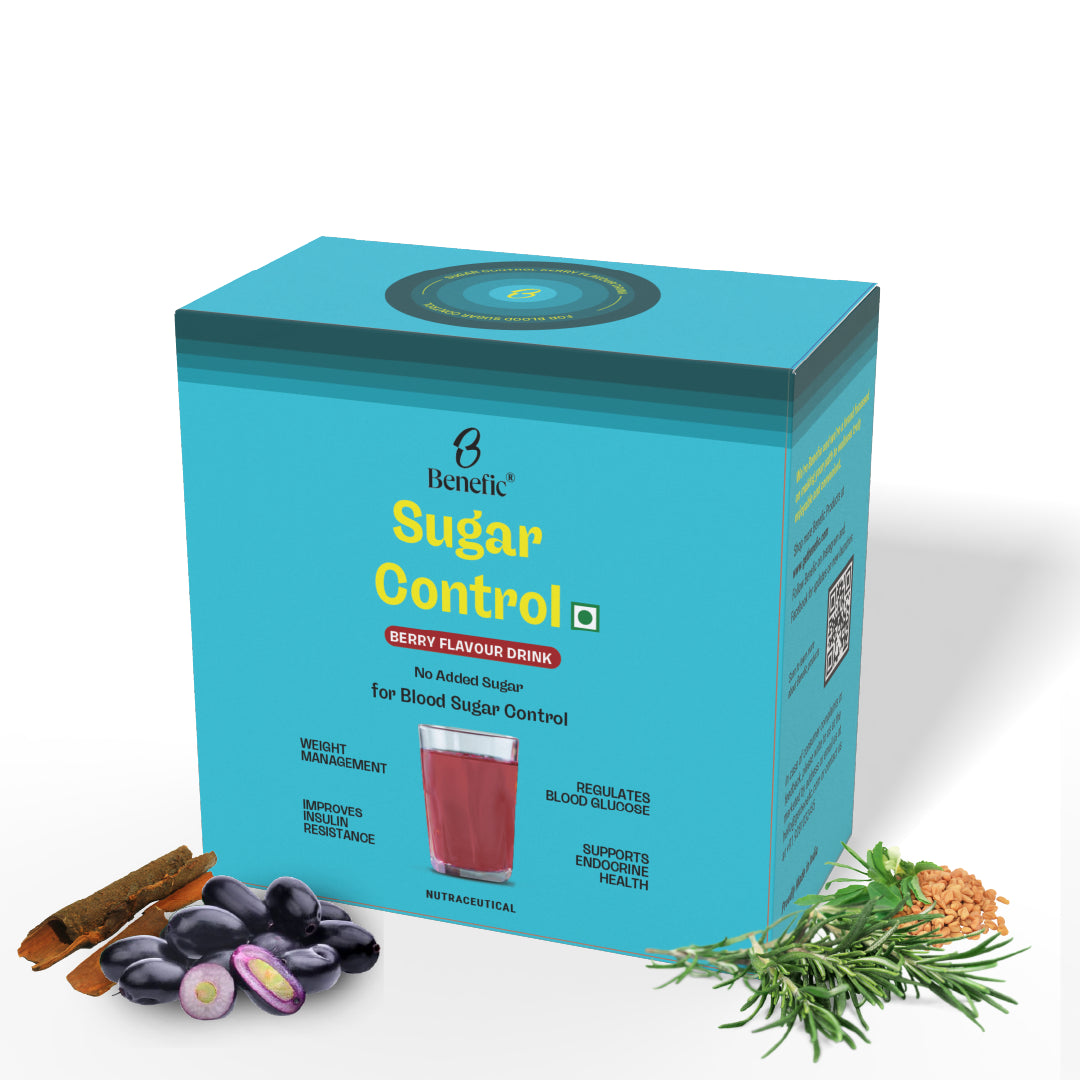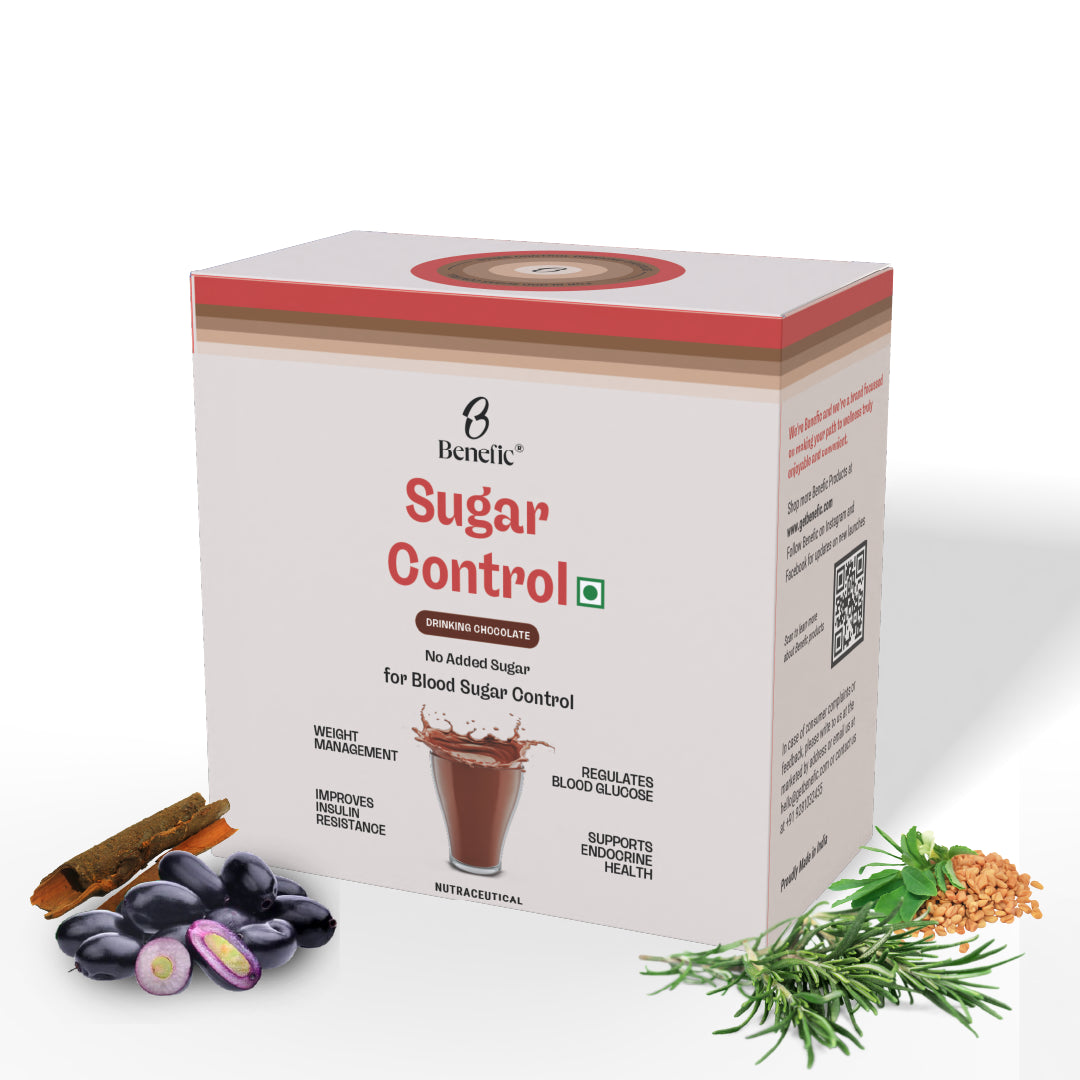The term"ultra-processed" foods are making many headlines these days as studies have shown that such foods are associated with significant health risks.
One of the most common nutrition advices you get is "eat less processed food". But what exactly does this mean? How do you know which foods are processed, minimally processed or ultra-processed? How would these foods impact your health?
As per the NOVA food classification, there are four categories:
Unprocessed foods:
Some foods are minimally altered by removing inedible parts, drying, crushing, roasting, boiling, freezing or pasteurising. These are the foods in which the vitamins and nutrients are still intact. Examples include seeds, plants, stems, roots, animal milk, eggs, potatoes, and wheat.
Minimally Processed Foods:
These foods undergo minimal processing for preservation purposes or pre-prepping for convenience, but the nutritional content of the food remains mostly intact. Examples include bagged spinach, cut vegetables, and roasted nuts.
Processed culinary ingredients:
Processing changes the food from its natural state. Processed foods are essentially made by adding salt, oil, sugar or other substances. These foods are prepared by adding additional ingredients such as salt, sugar, and fats. Some processed foods examples include canned vegetables, fruit juices, flour, canned meat, cheese, bread etc. These are generally ready-to-eat products.
Ultra-processed foods:
The concept of ultra-processed foods was introduced in 2016 by Brazilian nutrition experts who linked such foods with cancer. This research work led to classifications of processed foods into a NOVA system.
Ultra-processing primarily aims to make convenient, attractive, highly profitable food items. These are generally produced at an industrial scale and mostly contain ingredients from foods and additives. Ultra-processed foods have many advantages commercially over natural foods. They are industrial, so they can be produced in bulk, transported over long distances, are cheap, and have a longer shelf life.
The final product could lack most of the nutritional benefits. In addition to added sugars, salt, and fats, ultra-processed foods could contain artificial colours, flavours, stabilisers, starches, preservatives and alternative energy sources and undergo many processing steps. These foods include soft drinks, chips, cookies, ready-to-use meals, and reconstituted meat items.
How do ultra-processed foods impact our health?
The ingredients used in ultra-processed foods are usually cheap and are typically industrial, whether you are looking at carbohydrates, fats, or proteins. They tend to be easiest to make at a large scale, making them cheap and profitable.
The ultra-processed foods have a lot of additives, and also there is a series of processes it goes through. So you are moving away from natural foods to how they appear in nature.
Human bodies have evolved to eat natural foods. These are the foods that humans have eaten for thousands of years, and therefore you have adapted to natural carbohydrates, natural fats, and proteins like meat, and you know how much you should eat to stay healthy.
When you start eating over-processed foods, you will interfere with your body's ability to know how much to eat and when to stop. For example, you process wheat into flour; you remove the naturally found fats because they tend to go rancid and their shelf life is decreased. You also reduce a lot of fibre from whole grains to white bread, remove the proteins naturally found there, and leave you with pure carbohydrates.
Your body doesn't know what to do with it because it is unnatural. Therefore, you can quickly overeat that food. Then you have the additives such as sugar, which will make you want to eat more and more than you really should to maintain a healthy weight.
What is the effect of ultra-processed foods on weight gain?
Several studies have looked into this question and the answers are concerning. Participants were put in a metabolic lab in a study published in Cell Metabolism. They were given meals with the same calories, energy, density, macronutrients, sugar, salt and fibre.
The only difference was that one participant group had an ultra-processed food diet, and the other had unprocessed foods, and they could eat as much as little as they wanted over a two-week course.
The results of the study were alarming. On average, it turns out that in ultra-processed diet, people tend to eat 500 calories more per day, mainly processed carbohydrates and fats. And over those two weeks, this extra calorie intake was correlated to increasing weight.
The group that ate a natural diet as much as they wanted in two weeks lost about one kg weight compared to the ultra-processed diet group, which gained approximately one kg weight. It is especially concerning when considering the amount of ultra-processed foods we consume. A study from 2009 published in BMJ showed that the average diet comprises almost 58% of ultra-processed foods.
The more recent data looked at the diets of the US youth and noticed how much ultra-processed foods the youth were eating over the last 20 years. Over that period, a very steady increase of weight gain was seen even amongst the children of very young age 2-5 years. In the older youth, about 65-75% of all the calories consumed came from ultra-processed sources.
Bottom Line
Obesity has been rising across the world, not only in adults but also in youth. One of the topics that are not discussed widely is the role of processed foods in their genesis. When you ultra-process natural foods, you could overeat them, leading to obesity.
Try and eat foods close to nature so that your body knows how much to eat and naturally maintain a healthy weight.










